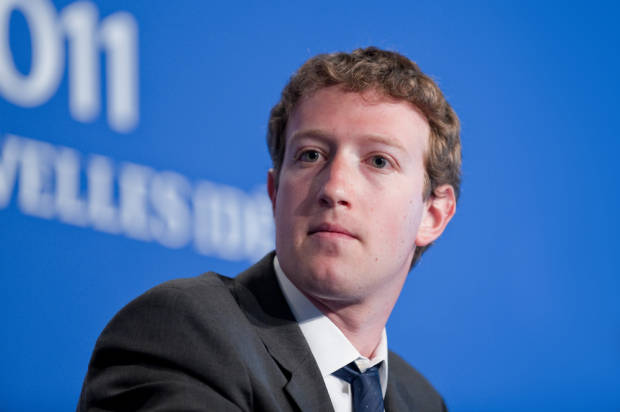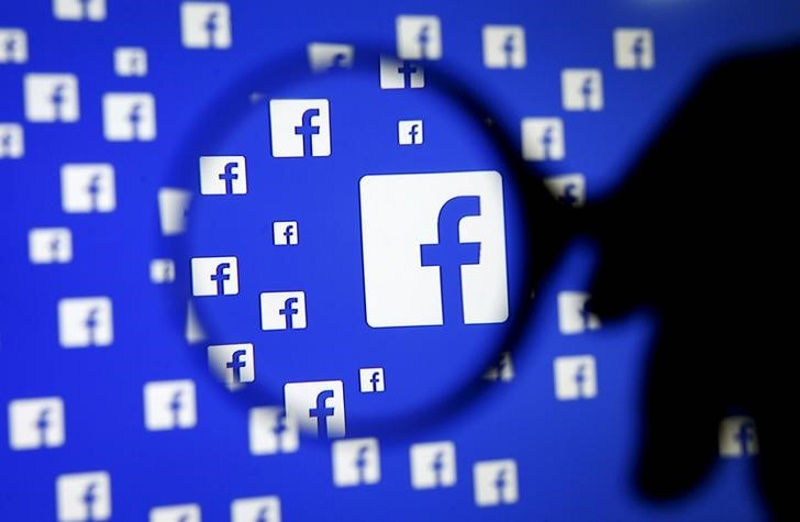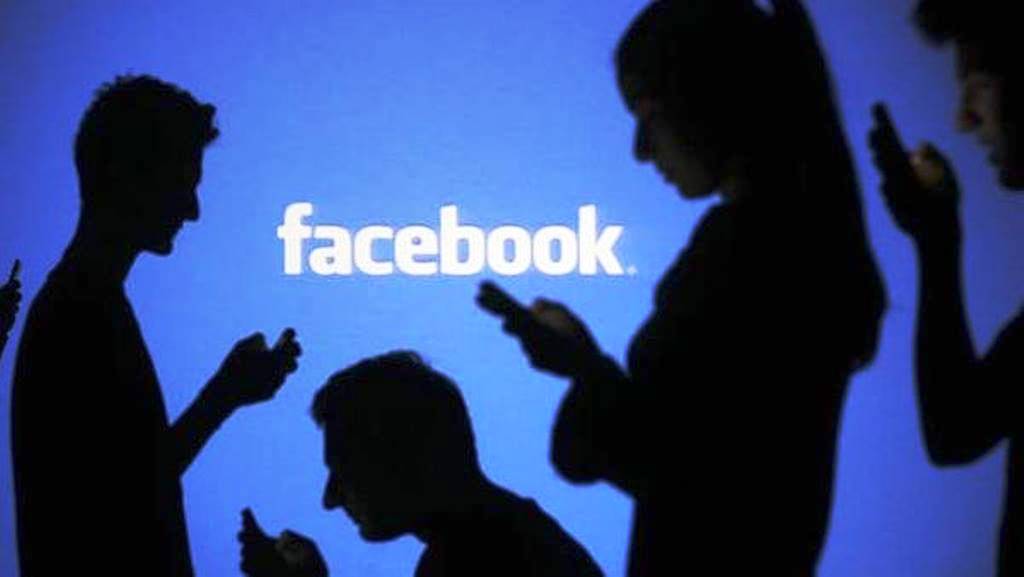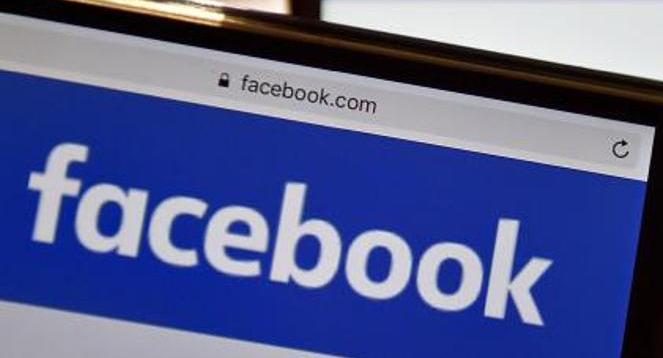As events unfold for 2019 general elections to hold in Nigeria, it becomes imperative to consider certain dealings that came to play in events leading up to the 2015 general elections in the country.
In the wake of the Cambridge Analytica data scandal, confessional statements emerged of how a Nigerian billionaire supported ex-President Goodluck Jonathan to execute a smear campaign against Muhammadu Buhari in the 2015 general elections.
However, given over 8 months and counting, after the Cambridge Analytica revelations came to the fore, neither has the so called Nigerian billionaire been named nor anything further heard of the ‘ghost’.
TheNewsGuru (TNG) reports parent company of now defunct Cambridge Analytica, SCL Elections, confirmed it was hired in the wake of December 2014 to support Jonathan’s campaign on a massive scale.
Brittany Kaiser, a senior director at Cambridge Analytica, who would go on to play a public role at the launch of Nigel Farage’s Leave.eu campaign, and a senior strategist on the Donald Trump campaign, was fingered, with the Nigerian billionaire not named.
Regarded by colleagues as a prolific networker, in 2014, Kaiser was introduced to the ghost Nigerian oil billionaire who wanted to fund a covert campaign to support Jonathan, according to the report that stated the billionaire wanted total discretion.
“We can confirm that SCL Elections was hired in December 2014 to provide advertising and marketing services in support of the Goodluck Jonathan campaign,” the firm stated.
However, several confessional statements made by employees of the firm, seven of them, with close knowledge of the campaign, showed that Cambridge Analytica did more than just providing advertising and marketing services in support of the Jonathan campaign.
Employees of the defunct Cambridge Analytica, according to the report, actually worked effortlessly and ruthlessly to sway the 2015 general election votes in favour of Jonathan.
This came to the fore after Cambridge University professor Aleksandr Kogan harvested valuable information on the data of about 50 million Facebook users in the US to sway votes in favour of Donald Trump.
Describing how Cambridge Analytica worked with people they believed were Israeli computer hackers, they said the hackers offered Cambridge Analytica access to Buhari’s financial and medical records, and that they had accessed the private emails of two politicians who are now heads of state.
Also, Cambridge Analytica was reported to have used an astonishing and disturbing video content, especially on social media, Facebook and Twitter inclusive, to push the campaign, a malicious one, against Buhari.
Mark Zuckerberg and Jack Dorsey have largely remained silent on how Cambridge Analytica manipulated Facebook and Twitter to push the malicious content to sway the election in the country, especially given that as Nigeria heads into the 2019 general elections, malicious contents of various kinds and varying degrees are yet being peddled on the platforms.
“Coming to Nigeria on February 15th, 2015. Dark. Scary. And very uncertain. Sharia for all. What would Nigeria look like if Sharia were imposed by Buhari?,” a Guardian UK report quotes the voiceover on the malicious campaign video, spread on Facebook and Twitter, against Buhari in 2015.
“Its answer to that question is certainly dark. And scary. It’s also graphically, brutally, violent. One minute and 19 seconds of archive news footage from Nigeria’s troubled past set to a horror movie soundtrack. There are scenes of people being macheted to death. Their legs hacked off. Their skulls caved in,” the report stated of the campaign video.
According to one of the employees, now a former contractor of the defunct data analytics firm, “It was voter suppression of the most crude and basic kind. It was targeted at Buhari voters in Buhari regions to basically scare the shit out of them and stop them from voting”.
According to the Guardian UK, the employees confessed Cambridge Analytica was paid an estimate of N1 billion by the Nigeria billionaire barely six weeks to the elections to sway the votes, and that there is no suggestion Jonathan knew of the covert operation.
While there is yet to be seen any ‘dark and scary’ malicious content like the one peddled in 2015 on the social media, various malicious contents of varying degrees are being peddled on, especially Facebook and Twittter, and it is absurd that execs at Facebook and Twitter have been silent on the matter.
While, SCL Elections denied the confessional statements made by its employees, stressing that, they, through the instrument of Cambridge Analytica, only provided advertising and marketing services in support of the campaign, the firm went further to say “Members of the SCL Elections team that worked on the Nigeria campaign remained in country throughout the original campaigning period” and that “Although the election was rescheduled, SCL was not retained for the entirety of the extended campaign period. Team members left in accordance with the company’s campaign plan.
“During an election campaign, it is normal for SCL Elections to meet with vendors seeking to provide services as a subcontractor. SCL Elections did not take possession of or use any personal information from such individuals for any purposes. SCL Elections does not use ‘hacked’ or ‘stolen’ data”.
It is more appalling that the President Buhari government did nothing about the matter, except for a political press statement by Garba Shehu, Senior Special Assistant to the President on Media and Publicity.
President Buhari failed to act on the matter first because the outcome of the 2015 elections favoured him, and secondly most probably because Buhari himself was also fingered in the Cambridge Analytica scandal.
His team was alleged to have hired AKPD, the firm of former Barack Obama strategist David Axelrod, to push slick-social-media-heavy, Obama-esque message of hope in favour of Buhari.
There are multiple wider political questions about what went on in the Nigerian election of 2015 and the role western powers, and the social media, played. There are even more questions to be answered as the country nears the 2019 general elections.




